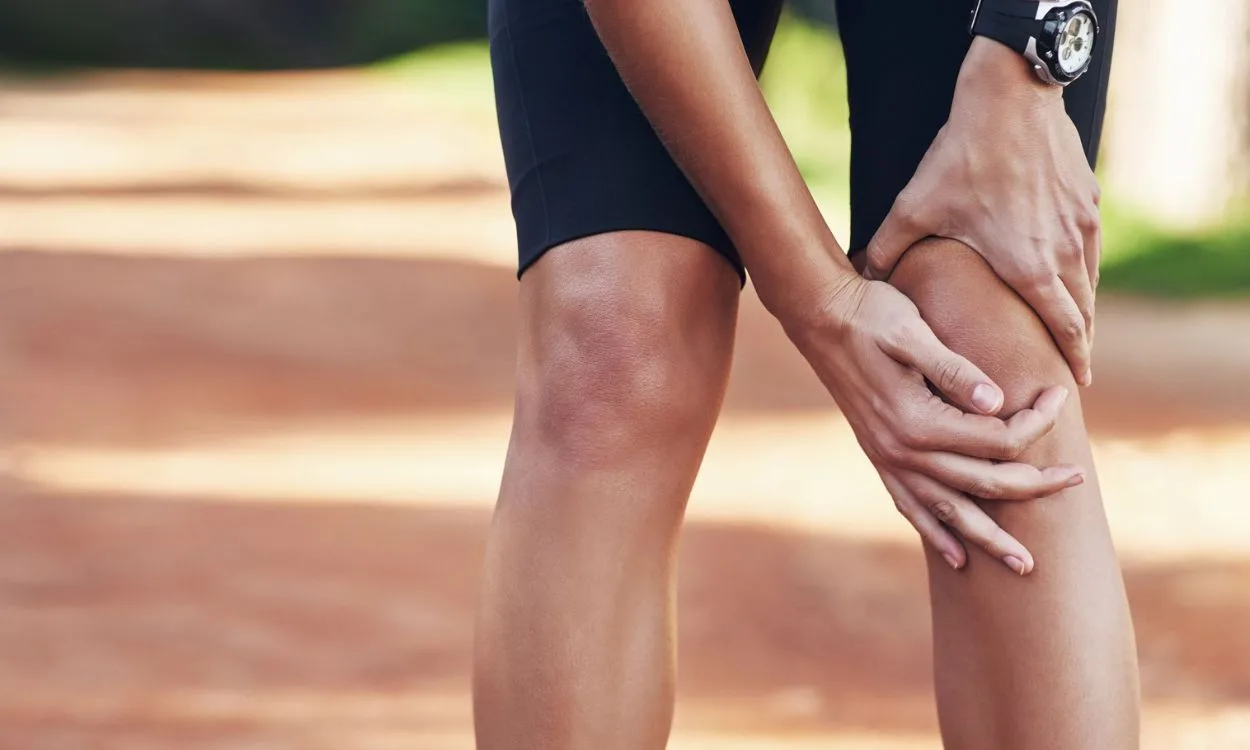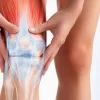Can knee pain limit one’s ability to exercise?
Knee pain and its impact on exercise
- Knee pain is a common complaint that can significantly limit one’s ability to exercise.
- It can be caused by various factors such as injury, overuse, arthritis, or underlying medical conditions.
- The pain and discomfort associated with knee issues can make movement and exercise challenging and sometimes unbearable.
- Individuals experiencing knee pain may find it difficult to perform activities that involve bending, kneeling, or putting weight on the affected knee.
- The severity of knee pain can vary, ranging from mild discomfort to debilitating pain that impedes daily activities and exercise routines.
Limitations due to knee pain
- Reduced mobility: Knee pain can lead to decreased range of motion and flexibility, making it challenging to perform certain exercises and movements.
- Impact on weight-bearing exercises: Activities such as walking, running, and weightlifting may exacerbate knee pain, leading to reluctance in engaging in such exercises.
- Discomfort during physical activities: Individuals with knee pain may experience discomfort or sharp pain while performing exercises, hindering their ability to engage in physical activities.
- Fear of exacerbating the condition: The fear of worsening the knee pain or causing further injury can lead to avoidance of exercise altogether, impacting overall physical fitness and wellbeing.
Importance of addressing knee pain
- Seeking medical evaluation: It is crucial for individuals experiencing knee pain to seek professional medical evaluation to determine the underlying cause and appropriate treatment.
- Rehabilitation and strengthening: Engaging in structured rehabilitation programs and exercises designed to strengthen the knee and surrounding muscles can aid in alleviating pain and improving function.
- Modification of exercise routines: Adjusting exercise regimens to accommodate knee pain by incorporating low-impact activities and avoiding movements that aggravate the condition can help in maintaining physical activity levels.
- Embracing holistic approaches: Utilizing techniques such as physical therapy, supportive braces, and lifestyle modifications can contribute to managing knee pain and facilitating safe exercise participation.
Alternative exercises for individuals with knee pain
- Low-impact cardio: Opting for activities like swimming, cycling, or using elliptical machines can provide cardiovascular benefits with minimal stress on the knees.
- Strength training: Incorporating exercises that target the upper body and core muscles can maintain overall strength and fitness while minimizing strain on the knees.
- Flexibility and balance exercises: Engaging in activities such as yoga or tai chi can enhance flexibility, balance, and mobility without exacerbating knee pain.
- Water-based exercises: Participating in water aerobics or aqua jogging can provide a buoyant and supportive environment for exercise, reducing the impact on the knees.
Seeking professional guidance
- Consulting a healthcare professional: Individuals experiencing persistent knee pain should seek guidance from healthcare professionals, including orthopedic specialists, physical therapists, and certified fitness trainers.
- Customized exercise plans: Collaborating with experts to develop personalized exercise plans that address knee pain while promoting overall fitness and wellbeing is essential.
- Gradual progression: Gradually reintroducing exercise and physical activity under professional supervision can aid in managing knee pain and building strength.
Embracing a holistic approach to wellness
- Addressing contributing factors: Taking measures to manage weight, maintain proper footwear, and adopt healthy lifestyle habits can complement efforts to alleviate knee pain and enhance exercise tolerance.
- Mental and emotional support: Recognizing the impact of knee pain on mental wellbeing and seeking support through mindfulness techniques, counseling, or support groups can contribute to overall wellness.
- Engaging: Engaging with Fitpaa for comprehensive health and fitness support
Fitpaa’s approach to holistic wellness
- Fitpaa’s commitment to wellbeing: Fitpaa is dedicated to supporting individuals in achieving their health and fitness goals through a holistic approach, considering physical, mental, and emotional wellness.
- Personalized fitness plans: Fitpaa offers personalized fitness plans tailored to individual needs, including considerations for addressing specific concerns such as knee pain.
- Expert guidance and support: With access to a team of fitness planners, nutritionists, and healthcare professionals, Fitpaa provides comprehensive support and guidance in navigating exercise challenges associated with knee pain.
Fitpaa’s focus on safe and effective exercise
- Emphasis on low-impact routines: Fitpaa advocates for incorporating low-impact exercises and customized workout plans to accommodate individuals with knee pain while promoting fitness and mobility.
- Real-time guidance and motivation: Fitpaa’s real-time guidance technology and expert support aim to inspire and guide individuals through exercise regimens, fostering a safe and effective approach to physical activity.
Transforming lives with Fitpaa
- Testimonials and success stories: Fitpaa has positively impacted numerous individuals by empowering them to overcome exercise limitations, including those associated with knee pain, and achieve their health and fitness aspirations.
- Commitment to guaranteed results: Fitpaa’s dedication to delivering guaranteed results and holistic transformation aligns with the goal of addressing exercise challenges, including knee pain, for individuals seeking sustainable wellness.
In summary, while knee pain can indeed limit one’s ability to exercise, it is essential to address the underlying concerns, seek professional guidance, and explore alternative exercise options to maintain physical activity levels and overall wellbeing. Fitpaa stands as a comprehensive ally in supporting individuals to overcome exercise limitations and pursue their health and fitness goals with confidence and assurance.









